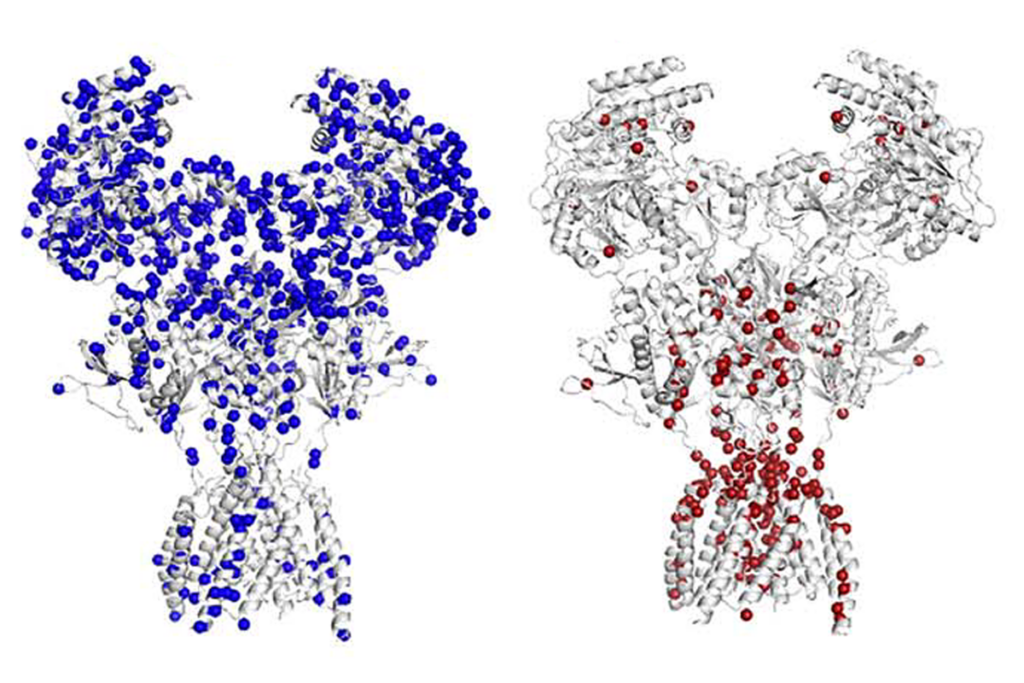Latino parents misread early signs of autism
Many Latino parents in the U.S. know little about autism, and some have never heard of the disorder before, finds a small study. They also tend to normalize autism symptoms or view them as a sign of family problems.
Many Latino parents in the U.S. know little about autism and some have never heard of the disorder before, finds a study published 1 September in the Journal of Developmental and Behavioral Pediatrics. Latinos also tend to normalize autism symptoms or view them as a sign of family problems, such as an inattentive parent.
The findings may help explain why Latino children with autism are diagnosed an average of one year later than their white, non-Latino counterparts, as we reported last year.
The researchers used focus groups and one-on-one interviews to probe autism awareness among 30 Latino parents of typically developing children living in the Portland, Oregon, area. Of the participants, 23 are women, most of whom were born in Mexico and did not finish high school.
The study reflects a growing appreciation of how cultural factors may affect the diagnosis and treatment of autism. Symptoms of the disorder vary across cultures, pointing to the need for culturally specific screening and diagnostic tools. The new work is unusual because it uses qualitative, anthropological research methods to understand how a particular community perceives autism.
It would be easy to overlook its importance because autism research is usually quantitative. However, though small, the study reminds us how an autism diagnosis can unfold in the real world and affect families.
In the study, parents viewed and then discussed a short film about a 3-year-old Latino boy whose mother becomes concerned about his behavior. The boy is later diagnosed with autism. The film and discussion were in Spanish with 16 of the study participants and in English with the remaining 14.
The research team, which includes several bilingual and bicultural members, studied transcripts from the focus groups and interviews to identify common themes in parental perceptions of autism. They then validated these themes with two Latina mothers: one who has a child with autism and one who has a typically developing child.
All in the family:
The researchers found that the parents expressed concern about the autism-like symptoms in the boy, such as his lack of communication, his disinterest in playing with other children and his tendency to throw tantrums when his toy trains were taken away. But instead of seeing these behaviors as something to discuss with a doctor, the parents tended to blame them on problems within the family.
For instance, some parents said the child needed more attention from his mother or more time with his father. Others tended to minimize or normalize autism symptoms, saying that the boy’s behavior is part of the broad range of normal development.
Some Latino parents said the mother in the video may be ashamed of having a child with autism or afraid that community members might reject him. They also described Latino culture as less accepting of disabilities and mental illness than Anglo-American culture. Both of these could lead to delays in seeking a diagnosis, the researchers say.
Strikingly, the study suggests that some Latino parents have never heard of autism or do not know what the term means. This was particularly common among the Spanish-speaking study participants.
The findings are in line with those of a study published earlier this year by the same research group, which found that Latino parents of children with autism knew little about the disorder before their child’s diagnosis. They also had difficulty getting healthcare providers to listen their concerns.
Similarly, parents in the new study say Spanish-language resources about autism and other developmental problems are scarce in their communities and often poorly translated; English-language materials tend to contain off-putting medical jargon. It’s possible these hurdles influence autism awareness in other groups as well.
The study’s conclusions and recommendations admittedly aren’t surprising. Mounting evidence suggests many parents have a limited understanding of autism and need resources that explain the disorder in a culturally sensitive way.
But this kind of anthropological research is important because it embodies ‘perspective-taking’ — a social skill that involves stepping into another person’s shoes, and one that is difficult for people with autism. In some ways, this type of study is perspective-taking on a rigorous, scientific scale — it may help researchers tap into the knowledge possessed by parents of children with autism in a way that is more than just anecdotal.
Recommended reading

What’s next for brain-directed gene therapy after death in Neurogene trial

Emotional dysregulation; NMDA receptor variation; frank autism

Vasopressin boosts sociability in solitary monkeys
Explore more from The Transmitter
Hessameddin Akhlaghpour outlines how RNA may implement universal computation

To keep or not to keep: Neurophysiology’s data dilemma
